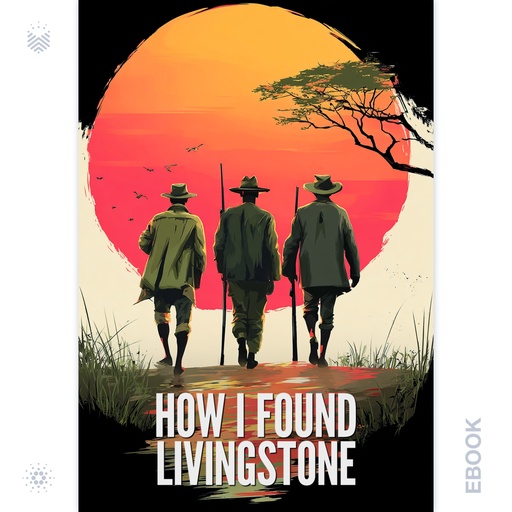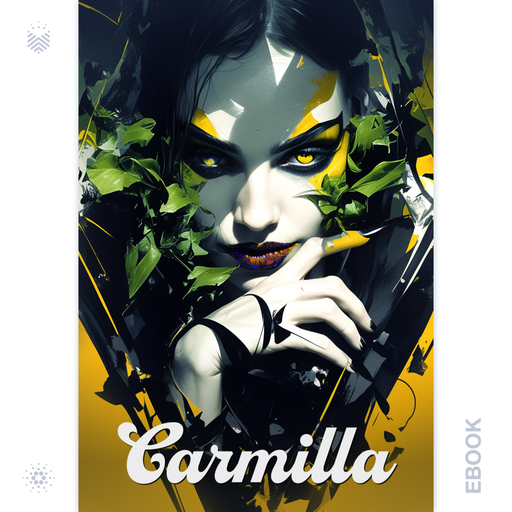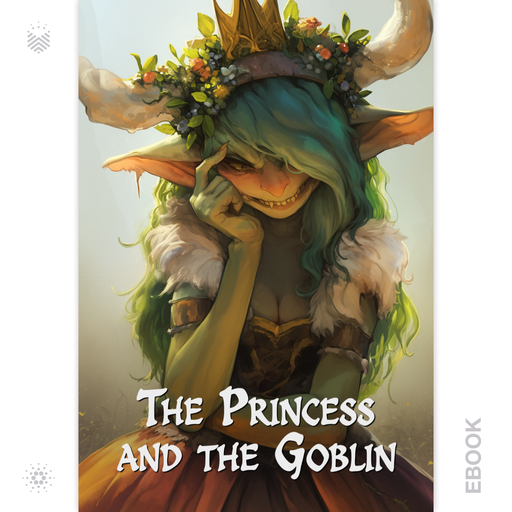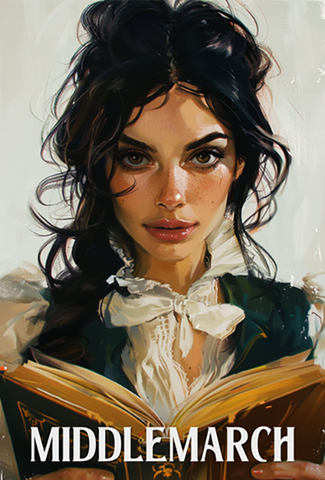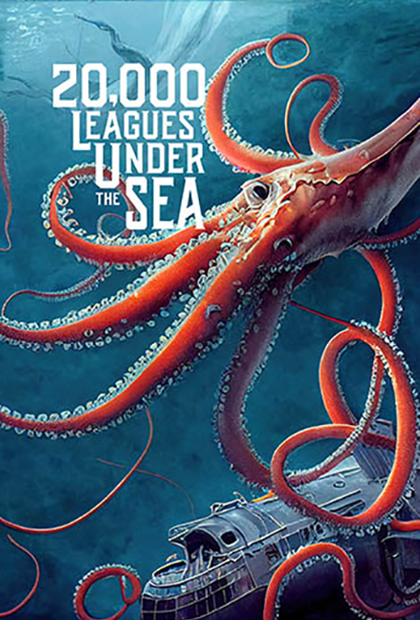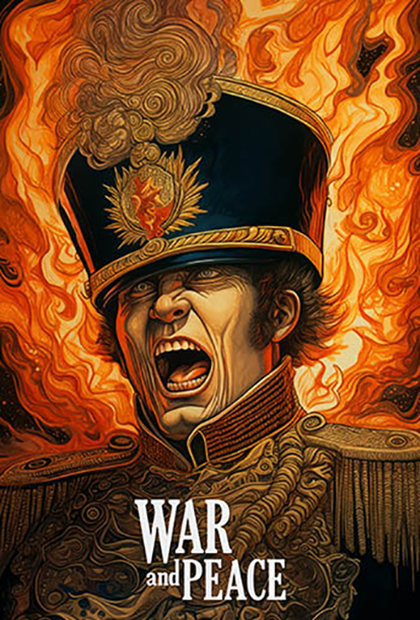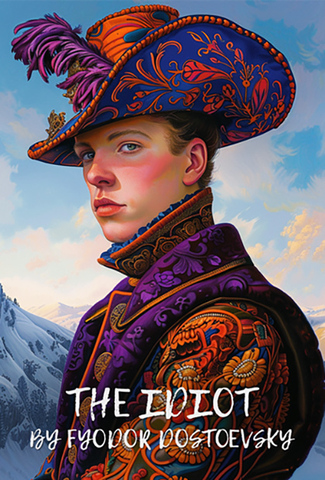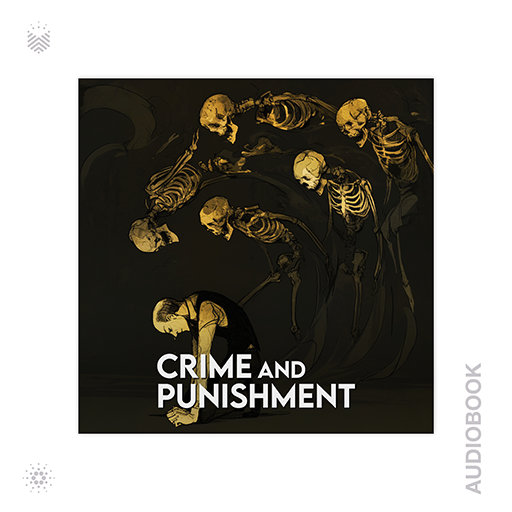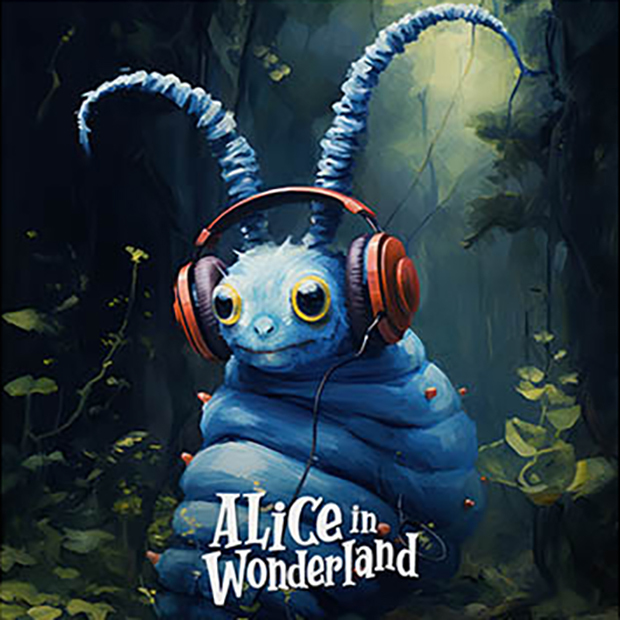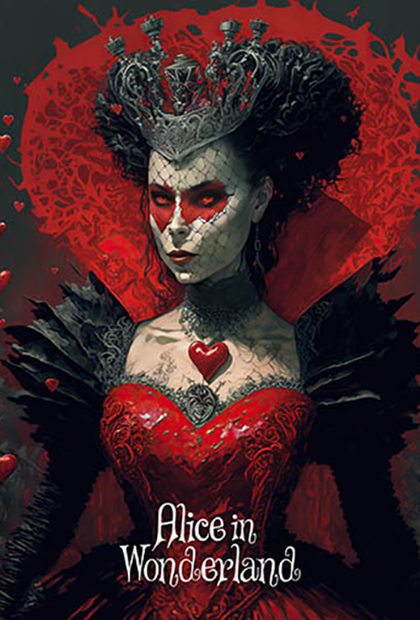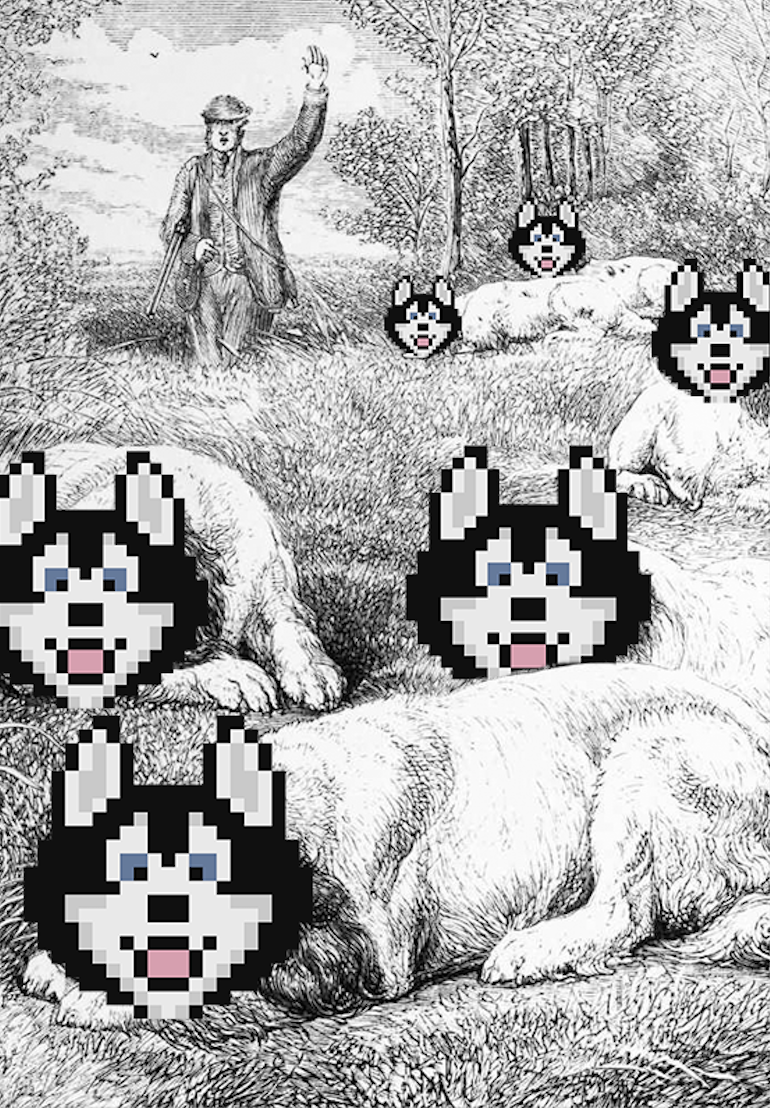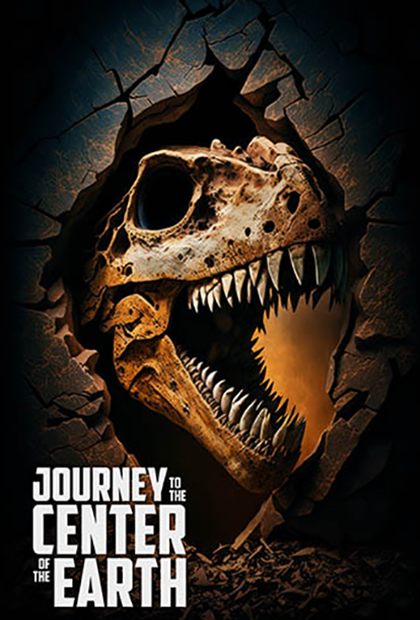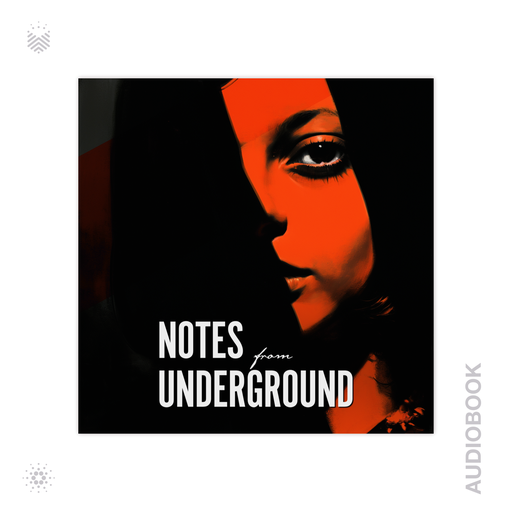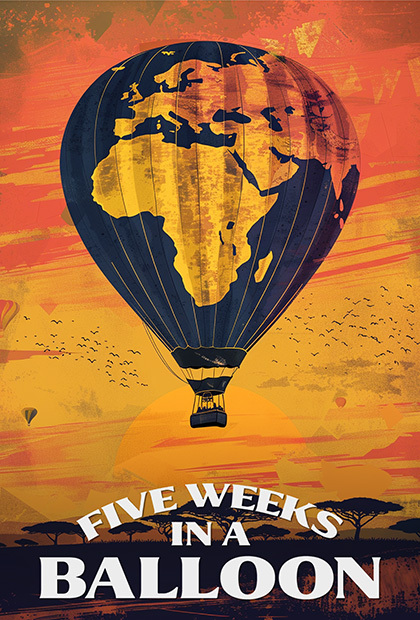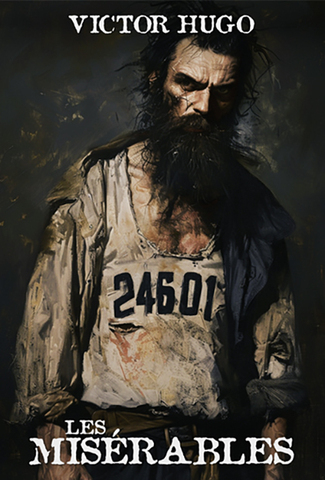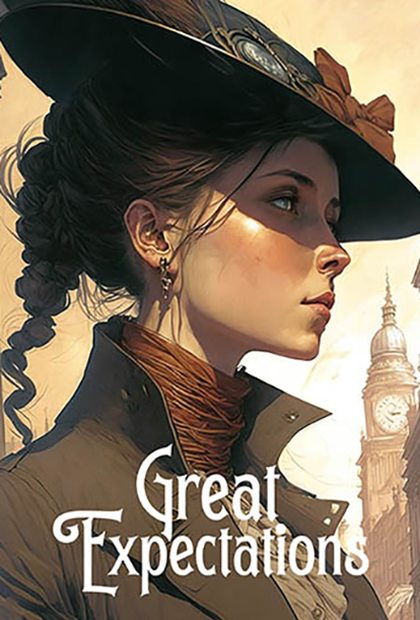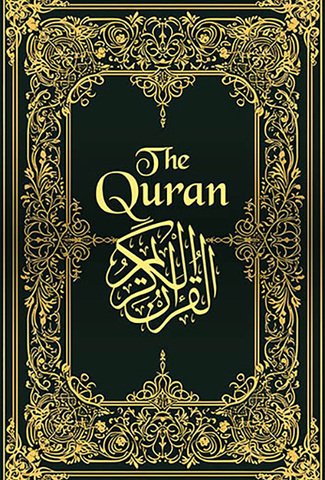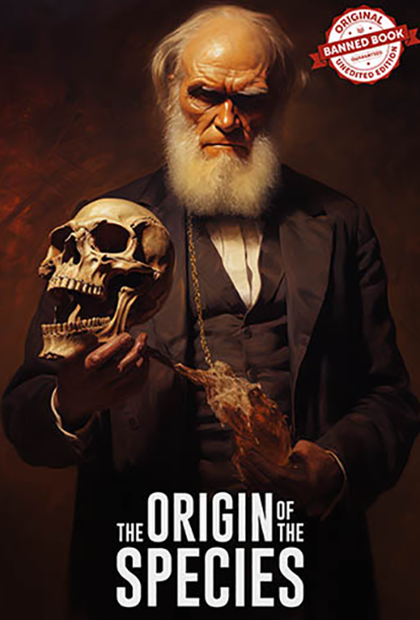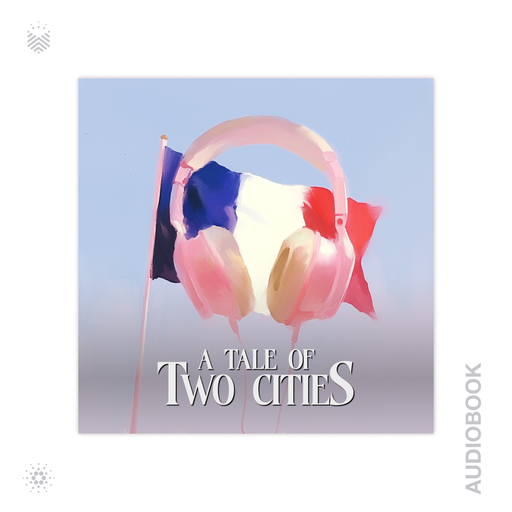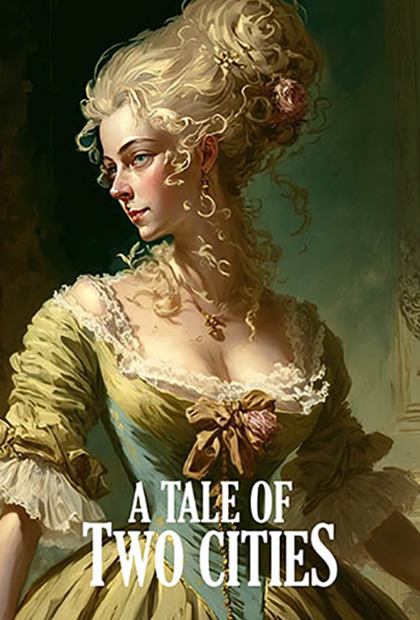by Henry M. Stanley
How I Found Livingstone by Henry M. Stanley tells the thrilling story of his expedition to find the missing explorer and missionary Dr. David Livingstone. Stanley navigates uncharted African landscapes, facing disease, extreme terrain, and uncertainty, while documenting encounters with local peoples and the challenges of exploration. This narrative captures both the adventure and determination that defined one of the most famous search missions of the 19th century.
… Read More
by Joseph Sheridan Le Fanu
Carmilla by J. Sheridan Le Fanu introduced readers to one of the earliest and most enduring vampire stories in English literature. Le Fanu used a gothic setting, eerie atmosphere, and a hauntingly mysterious relationship between two young women to explore fear, desire, and the supernatural. His novella shaped vampire fiction decades before Dracula emerged, and it remains a key influence in horror and queer literature today.
… Read More
by George MacDonald
In the heart of the mountains, where magic and mystery intertwine, a young princess discovers a hidden world beneath her feet…
Princess Irene lives a sheltered life in her royal home, unaware of the dark forces lurking below—the goblins, mischievous and vengeful creatures plotting against the kingdom. But when she stumbles upon a secret stairway leading to her mysterious great-great-grandmother, she receives a gift that may change everything: a magical thread that can guide her when all seem… Read More
by George Eliot
“Middlemarch” is a novel written by English author George Eliot (the pen name of Mary Ann Evans). The novel was first published in eight installments between 1871 and 1872.
Read More
by Jules Verne
Twenty Thousand Leagues Under the Sea is the 9th release in Book.io Classics: Monster Editions. Initially serialized in March 1869, the book is regarded as one of the premier adventure novels and one of Jules Verne’s most significant works. Jules’s story narrates the fantastic tale of Captain Nemo and his submarine Nautilus.
Read More
by Leo Tolstoy
“War and Peace” is a novel by the Russian author Leo Tolstoy, published in 1869. It is widely regarded as one of the greatest works of fiction ever written and is considered Tolstoy’s masterpiece.
The novel is known for its complex characters and intricate plot, as well as its philosophical and historical commentary. Tolstoy’s style is often characterized by its realism and attention to detail, and he employs a wide range of narrative techniques, including multiple perspectives, historic… Read More
by Fyodor Dostoevsky
“The Idiot” by Fyodor Dostoevsky plunges readers into the complex world of 19th-century Russia, where protagonist Prince Lev Nikolaevich Myshkin navigates the intricacies of human nature and societal conventions. As Myshkin returns to St. Petersburg after being treated for epilepsy in Switzerland, he finds himself thrust into the midst of high society, where he encounters a cast of characters grappling with their own moral dilemmas and inner demons.
… Read More
by Louisa May Alcott
“Little Women” by Louisa May Alcott is a timeless classic that has enchanted readers for generations. Published in 1868, this beloved novel follows the lives of the four March sisters—Meg, Jo, Beth, and Amy—as they navigate the trials and triumphs of adolescence in Civil War-era New England.
Read More
by Fyodor Dostoevsky
Rare Evo Exclusive
In Crime and Punishment, Dostoevsky plunges readers into the mind of a tormented killer, exploring the haunting consequences of guilt and the relentless search for redemption.
Read More
by Fyodor Dostoevsky
In Crime and Punishment, Dostoevsky plunges readers into the mind of a tormented killer, exploring the haunting consequences of guilt and the relentless search for redemption.
Read More
by Lewis Carroll
The World’s First-Ever DEA Audiobook, presented by Book.io.
“Alice’s Adventures in Wonderland” is a novel written by Lewis Carroll in 1865. The story follows a young girl named Alice who falls down a rabbit hole and finds herself in a fantastical world filled with talking animals, mad hatters, and playing cards that have come to life. As she navigates this strange new world, Alice encounters a variety of peculiar characters and experiences a series of surreal adventures. The book explore… Read More
by Lewis Carroll
“Alice’s Adventures in Wonderland” is a novel written by Lewis Carroll in 1865. The story follows a young girl named Alice who falls down a rabbit hole and finds herself in a fantastical world filled with talking animals, mad hatters, and playing cards that have come to life. As she navigates this strange new world, Alice encounters a variety of peculiar characters and experiences a series of surreal adventures. The book explores several themes including the loss of innocence, the transiti… Read More
by W. N. Hutchinson
For the Cardano enthusiast that needs to master the disobedient dog in their Twitter feed. 40 original covers to the 1865 classic, Dog Breaking by W. N. Hutchinson. Only a true idiot would buy this.
Read More
by Mary Shelley
“Frankenstein” by Mary Shelley is considered by many scholars to be the first official science-fiction novel ever written. Frankenstein has had considerable influence on literature and on popular culture, spawning a complete genre of horror stories, films, and plays.
Recording by Caden Vaughn Clegg
Read More
by Jules Verne
“Journey to the Center of the Earth” is a novel written by Jules Verne and published in 1864. The story follows the adventures of a German professor named Otto Lidenbrock and his nephew, Axel, as they journey to the center of the Earth.
The novel is known for its imaginative and detailed descriptions of the underground world, as well as its themes of scientific discovery and adventure.
Read More
by Fyodor Dostoevsky
Fyodor Dostoyevsky’s Notes From Underground is a groundbreaking exploration of the human psyche, delving into themes of alienation, morality, and self-awareness. This novella challenges readers to confront uncomfortable truths about society and the individual’s place within it.
Read More
by Jules Verne
In “Five Weeks in a Balloon,” Jules Verne whisks readers away on a thrilling aerial expedition across the uncharted terrains of Africa, led by the ingenious Dr. Samuel Ferguson and his companions. As they navigate the skies in a groundbreaking hydrogen balloon, they encounter breathtaking landscapes, perilous weather, and wild encounters, all while showcasing the boundless spirit of exploration and scientific curiosity. Verne masterfully blends meticulous scientific detail with rivet… Read More
by Victor Hugo
“Les Misérables” by Victor Hugo is a monumental work of literature that delves into the intricacies of human suffering, redemption, and the pursuit of justice in 19th-century France. The novel intricately weaves together the lives of its diverse cast of characters, from the noble-hearted Jean Valjean to the relentless Inspector Javert, the tragic Fantine, and the idealistic revolutionary Marius Pontmercy. Through their intersecting narratives, Hugo paints a vivid portrait of a socie… Read More
by Charles Dickens
Great Expectations by Charles Dickens, first published in 1861 and set in 19th-century London, is a coming-of-age story that follows the life of an orphan named Pip as he navigates the complexities of the world and his own personal growth. Pip grapples with social class, love, guilt, and the consequences of his actions in this timeless Dickens classic.
Read More
The Quran, also known as Qur’an or Koran, is Islam’s central religious text, believed by Muslims to be a direct revelation from God.
Read More
by Charles Darwin
“The Origin of Species” is a revolutionary book written by Charles Darwin and published on November 24, 1859. Its full title is “On the Origin of Species by Means of Natural Selection, or the Preservation of Favoured Races in the Struggle for Life.” This groundbreaking work is considered one of the most influential scientific books ever written and has had a profound impact on our understanding of biology and the theory of evolution.
The main idea presented in the book is Darwin’s theo… Read More
by Charles Dickens
Set against the turmoil of the French Revolution, A Tale of Two Cities delivers a gripping tale of love, sacrifice, and redemption. Dickens captures the human drama of two cities—London and Paris—as they navigate a world in upheaval.
Read More
by Charles Dickens
A Tale of Two Cities” is a novel by Charles Dickens set in London and Paris before and during the French Revolution. The story follows the lives of Charles Darnay and Sydney Carton, two men who are alike in many ways but come from very different social classes. Darnay is a French aristocrat who is falsely accused of treason, while Carton is a drunken lawyer who is in love with Darnay’s wife. The novel explores themes of love, sacrifice, and the consequences of the revolution. It is one of Di… Read More

